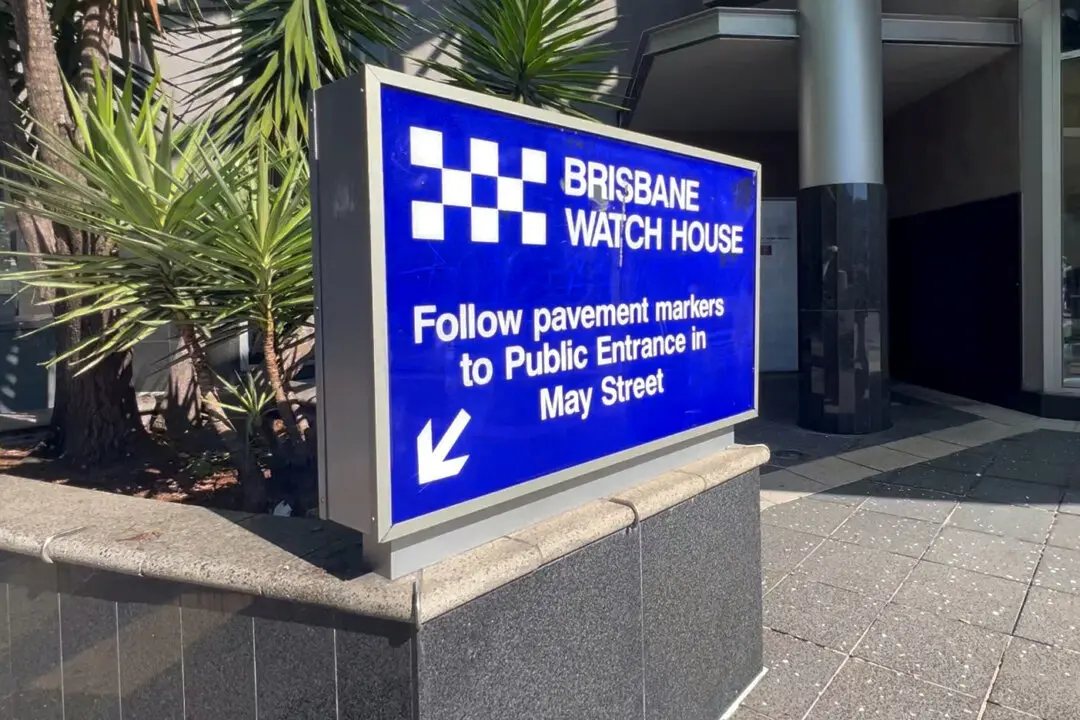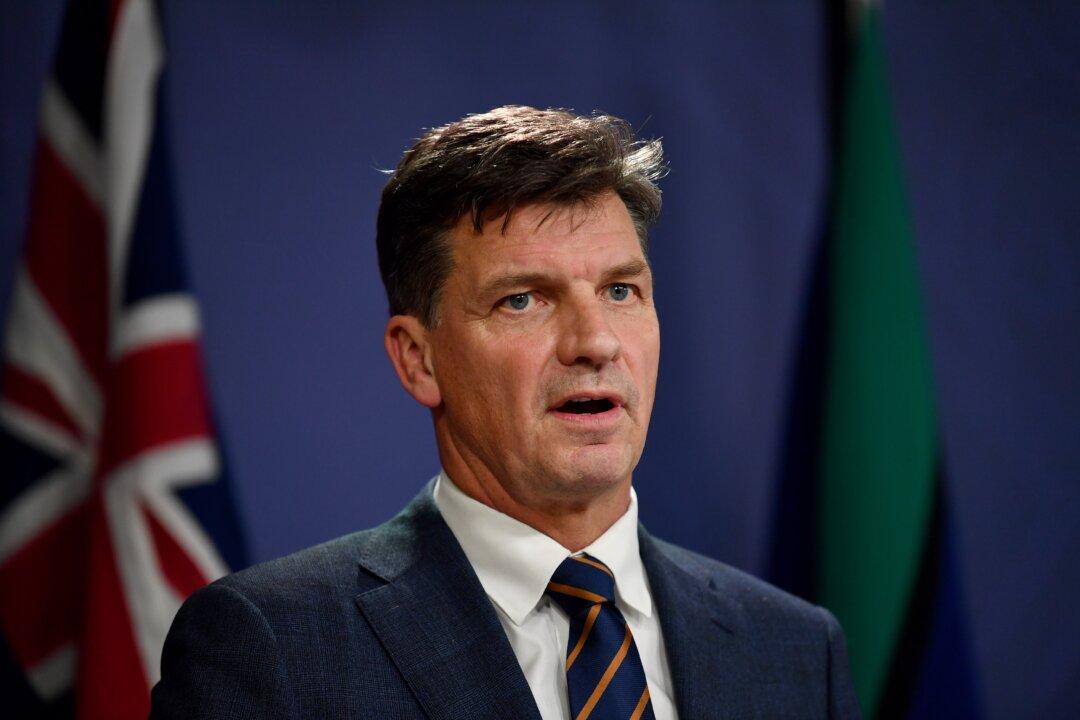Tania Constable, CEO of the Minerals Council of Australia, says the industry has been bogged down by too much government red tape and not enough support for supply chains to help meet Australia’s net zero targets.
Speakers at Australia’s largest mining event, the International Mining and Resources Conference and Expo (IMARC), shared similar views on the issue on Oct. 29.





